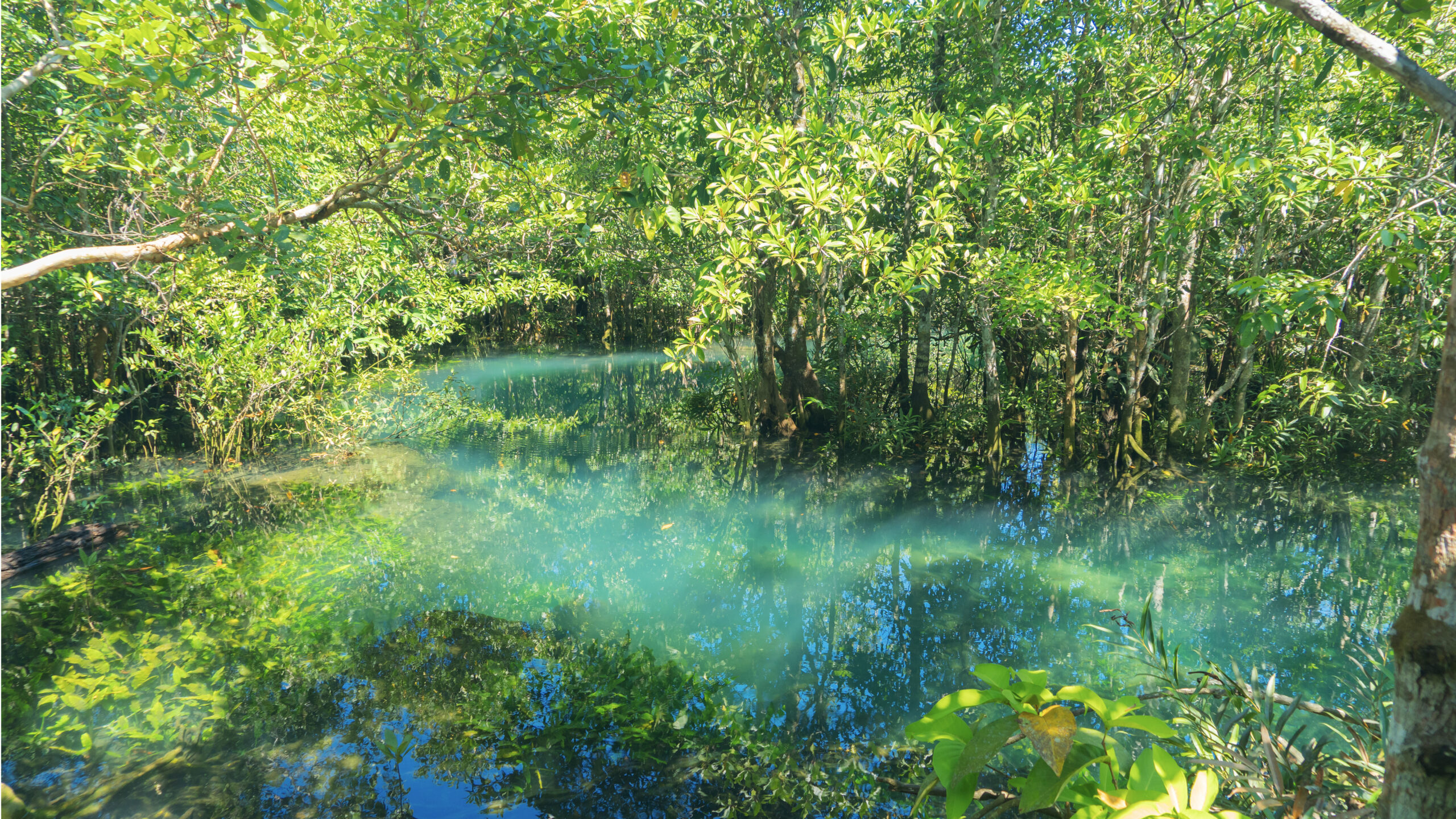
More than 300 organisations commit to make nature-related disclosures

The Taskforce on Nature-related Financial Disclosures has announced the first companies and financial institutions that plan to follow its recommendations — but experts say mandatory disclosures must come next
Three hundred and twenty organisations from 46 countries — across various industries, including a few mining and oil companies and several banks — have said they will begin making nature-related disclosures in line with the Taskforce on Nature-related Financial Disclosures’ recommendations, the TNFD has announced at the World Economic Forum’s annual meeting in Davos, Switzerland.
The organisations included in the cohort of “early adopters” represent a total of $4tn in market capitalisation. They include more than 100 financial institutions, publicly listed companies, asset owners and managers representing $14tn in assets under management, banks, insurers, stock exchanges and audit and accounting firms. Norwegian pension fund Norges Bank Investment Management, Swedish furniture retailer Ikea, and Kenyan holding company KCB Group are among those that feature on the list.
The growing body of disclosure legislation was one reason behind companies deciding to start working with the TNFD recommendations, said TNFD executive director Tony Goldner during a press briefing. He highlighted, in particular, the influence of the EU’s Corporate Sustainability Reporting Directive, which came into force on January 5 and which requires mandatory reporting on a variety of social and environmental issues by EU-based companies.
‘Encouraging’ but ‘not enough’
However, Rachel Solomon Williams, executive director of the Aldersgate Group, an alliance of business, academia and civil society organisations, said governments need to do more.
“It is vital that governments take this statement of intent on board and enact measures that accelerate business adoption to increase the quantity and quality of nature-related information,” she said in a statement. “This should include a roadmap to making disclosure mandatory, guidance and support for capacity and capability building, and increased collaboration on data sharing to increase the availability of biodiversity data.”
Eva Zabey, CEO of Business for Nature, a coalition of businesses and non-profits, told Sustainable Views that while the number of TNFD early adopters is “encouraging”, voluntary actions alone are “not enough”.
“This is why we urge governments to build on TNFD and other global frameworks to implement target 15 of the Global Biodiversity Framework [which calls on businesses to assess, disclose and reduce biodiversity-related risks and negative impact] and adopt mandatory assessment and reporting requirements for all large businesses and financial institutions. This is the way to create transformational system change,” Zabey added.
Business for Nature — along with the Capitals Coalition, which seeks to revalue natural, social and human capital, and the Carbon Disclosure Project — is coordinating the Make It Mandatory campaign, advocating for the mandatory disclosure of the impacts of business on the natural world. The campaign is supported by more than 400 companies across 53 countries.
Jane Carter Ingram, managing director at climate change investment and advisory firm Pollination, said “voluntary nature-related disclosures aligned to the TNFD are an important starting point for protecting nature, but not enough”.
“The TNFD recommendations and disclosures help businesses identify where they are in their journey, to understand, manage, track and report on their nature-related financial risks and opportunities. However, the most important step for protecting nature comes after the disclosures, namely business action on nature-related financial risks and opportunities, informed by TNFD-aligned process and outcomes,” she told Sustainable Views.
EU, UK and Japan lead early adopters
While the 320 organisations that have committed to make nature-related disclosures are spread globally, the majority are headquartered in Japan, the EU and the UK.
Organisations headquartered in Japan make up 84 of the 320 early adopters, while 72 are headquartered in the EU and 46 in the UK. Only 14 are headquartered in the US and 12 in Australia.
“We have consistently seen strong engagement throughout the design and development phase over the past two years from the UK, the US, Europe, Japan and Australia and that has been reflected in the early adopter group,” TNFD’s Goldner told Sustainable Views.
“The level of early adoption interest in other jurisdictions, including the US, south-east Asia and Latin America reflects an ongoing focus in those markets on scaling up climate [as opposed to nature] reporting capabilities,” he added.
The TNFD recommendations were first published in September 2023, following two years of development by 40 members representing financial institutions, corporates and market service providers with more than $20tn in assets. Around two-thirds of the task force members are on the initial list of organisations that will start using the recommendations, according to Goldner.
Most of these organisations will begin reporting on their operations’ impacts on natural resources as part of their annual corporate reporting for the financial year 2024 or 2025, with a handful implementing the requirements for the financial year 2023, which ends in April 2024, Goldner said during the press briefing. However, he made it clear that companies would not initially report on all 14 metrics, which cover land, freshwater or ocean use, the use and release of pollutants, and resource use and replenishment.
Enthusiasm for TNFD disclosure was evidence of a “growing appreciation that climate and nature are two sides of the same coin”, Goldner suggested.
The TNFD recommendations are based-on the Kunming-Montreal Global Biodiversity Framework of 2022, under which governments agreed to work to conserve 30 per cent of land, sea and inland waters, restore 30 per cent of degraded ecosystems, and halve the introduction of invasive species by 2030.
This article was amended after publication to include experts’ response to the TNFD’s announcement
Similar Articles

Truckmakers must speed into action to meet zero emissions rules

Could wind energy help shipping cut its emissions sooner?


